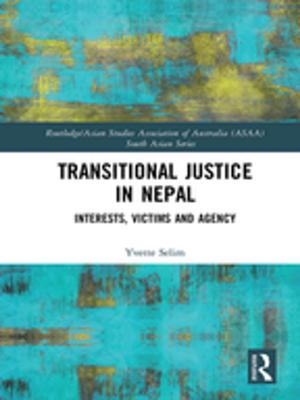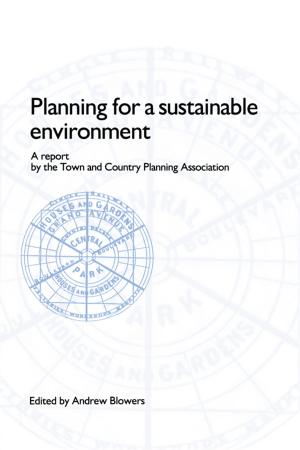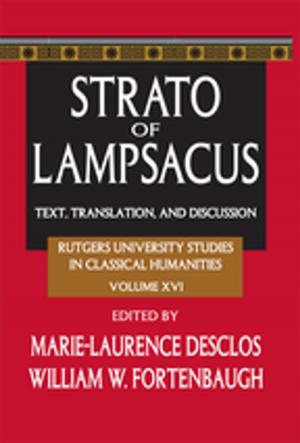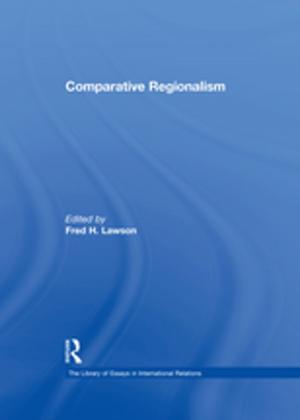Cities, Networks, and Global Environmental Governance
Spaces of Innovation, Places of Leadership
Nonfiction, Social & Cultural Studies, Political Science, Government, Public Policy| Author: | Sofie Bouteligier | ISBN: | 9781136258176 |
| Publisher: | Taylor and Francis | Publication: | December 12, 2012 |
| Imprint: | Routledge | Language: | English |
| Author: | Sofie Bouteligier |
| ISBN: | 9781136258176 |
| Publisher: | Taylor and Francis |
| Publication: | December 12, 2012 |
| Imprint: | Routledge |
| Language: | English |
As a result of global dynamics—the increasing interconnection of people and places—innovations in global environmental governance haved altered the role of cities in shaping the future of the planet. This book is a timely study of the importance of these social transformations in our increasingly global and increasingly urban world.
Through analysis of transnational municipal networks, such as Metropolis and the C40 Cities Climate Leadership Group, Sofie Bouteligier's innovative study examines theories of the network society and global cities from a global ecology perspective. Through direct observation and interviews and using two types of city networks that have been treated separately in the literature, she discovers the structure and logic pertaining to office networks of environmental non-governmental organizations and environmental consultancy firms. In doing so she incisively demonstrates the ways in which cities fulfill the role of strategic sites of global environmental governance, concentrating knowledge, infrastructure, and institutions vital to the function of transnational actors.
As a result of global dynamics—the increasing interconnection of people and places—innovations in global environmental governance haved altered the role of cities in shaping the future of the planet. This book is a timely study of the importance of these social transformations in our increasingly global and increasingly urban world.
Through analysis of transnational municipal networks, such as Metropolis and the C40 Cities Climate Leadership Group, Sofie Bouteligier's innovative study examines theories of the network society and global cities from a global ecology perspective. Through direct observation and interviews and using two types of city networks that have been treated separately in the literature, she discovers the structure and logic pertaining to office networks of environmental non-governmental organizations and environmental consultancy firms. In doing so she incisively demonstrates the ways in which cities fulfill the role of strategic sites of global environmental governance, concentrating knowledge, infrastructure, and institutions vital to the function of transnational actors.















